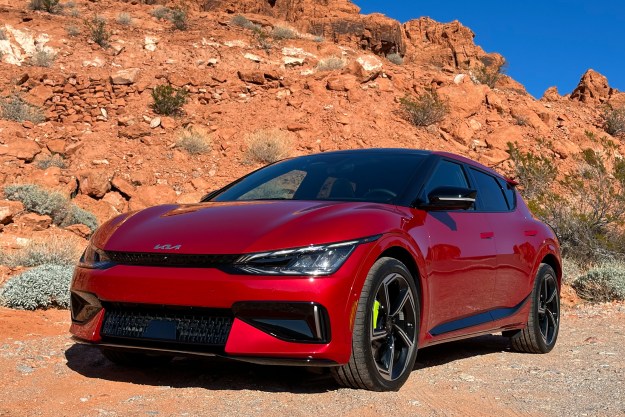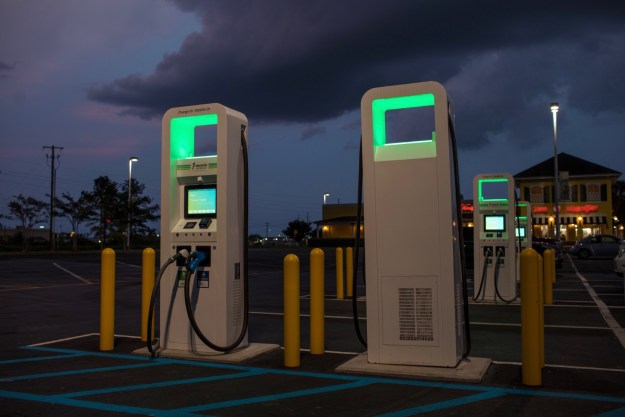Apple appears to be revving up EV-focused Project Titan again after a report suggested the company is looking to launch an electric vehicle with autonomous capabilities in 2024 — though pandemic-related delays could push this to 2025.
The vehicle could also feature “breakthrough battery technology,” Reuters reported on Monday after speaking to people with knowledge of the matter.
Project Titan has been in and out of the news for the last six years or so; we last reported on the project about two years ago — and also pointed to a 2023 to 2025 timetable, citing a slew of reports suggesting Apple has been researching the possibility of building such an automobile. True to form, the tech company itself has mostly kept quiet on the subject, though it has acknowledged in the past that it’s researching “autonomous systems.”
According to Reuters’ sources, the vehicle would be built “for the mass market.” The report notes how this would be in stark contrast with companies like Waymo and GM-owned Cruise, which have been moving toward the development of ridesharing services using its self-driving cars. However, the approach would be more similar to Tesla, which has had success with its own EVs that include autonomous features.
It’s of course impossible to know how regulations governing self-driving cars will look four years from now, so Apple’s autonomous kit could be incorporated gradually and unlocked as rules are relaxed.
It sounds like Apple is focusing heavily on the battery design, too, with an insider claiming the technology could drastically cut the cost of batteries while also offering improved range on current designs. Reuters says Apple is considering a unique mono cell design that “bulks up the individual cells in the battery and frees up space inside the battery pack by eliminating pouches and modules that hold battery materials.”
Rather than set up the manufacturing facilities itself to build the car, Apple is thought likely to partner with another company to get it made.
Reuters also points out that there’s still a possibility Apple could scale back its ambitions by instead providing its autonomous technology to an established automaker, meaning the much-anticipated “Apple car” may never show up.
Reports in recent years suggest Apple’s interest in electric cars with autonomous features has been somewhat sporadic, with the Project Titan unit believed to have laid off around 200 employees in early 2019.
A spokesperson at the time suggested the company still had a strong interest in autonomous technology, however, saying: “We continue to believe there is a huge opportunity with autonomous systems, that Apple has unique capabilities to contribute.”
Digital Trends has reached out to Apple for comment on Monday’s report and we will update this article if we hear back.
Editors' Recommendations
- Fake engine noises in electric cars need to die
- Some on Apple’s failed car project reportedly had a cruel name for it
- The fastest electric cars, ranked by 0-60 mph acceleration
- 2024 BMW i5 unveiled as the first electric 5 Series
- What are the different types of electric car chargers?


